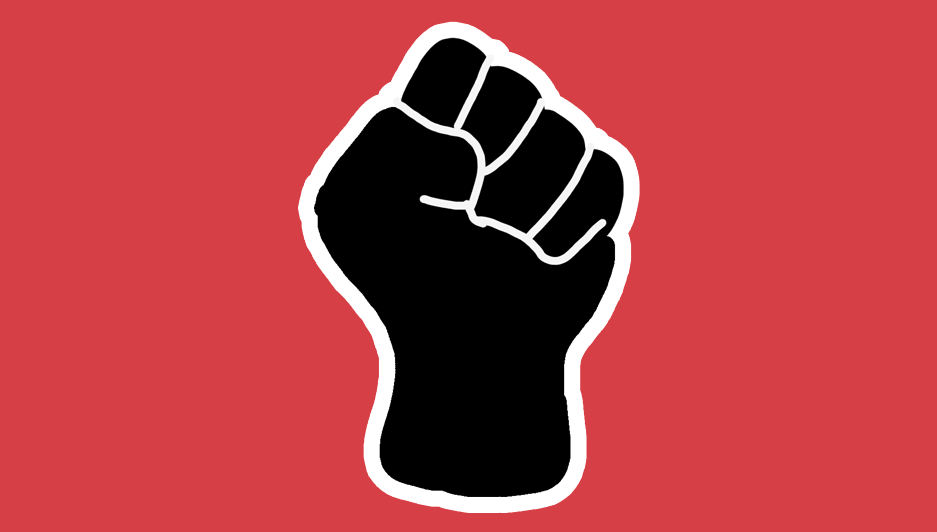Not all Black people are the same
As Black History Month nears its end, here’s a gentle PSA: not all Black people are the same. If that’s a shocking thought for you, allow me to break it down. It’s no secret that all Black people have roots of some kind in Africa. Through the evil that was slavery, forced migration, immigration, or whatever compelled your ancestors to uproot themselves and end up in a new land, Black people can now be found on all corners of the world; from Alaska to Australia. Black people, with their melanin-rich skin, are everywhere—with different backgrounds, different stories, different likes and dislikes, different ambitions, different skills and talents, different short comings, hell, even different shades of skin. And yet, non-Black people still confuse Black people for one another and assume that the behaviour of one Black person is the standard and behaviour of all Black people.
This is evidenced through systems built in place, such as the police and the media; systems that weren’t built in favour of the Black narrative to begin with. It is not uncommon to read a news story about a Black man being arrested because he “matched the description” of the eye-witness. “Who [is] this generic man we all look like?” Dave Chappelle asks in one of his earlier stand-up pieces. Though Chappelle brings humour to this very serious reality by blaming the sketch artists, the fact remains that Black people are not given the decency of a good second look or the benefit of the doubt.
Before Black Panther, Insecure, Atlanta, and Queen Sugar, Black people didn’t have the privilege of playing a character with depth—and yes, White privilege extends to (and through) the television. TV shows or movies had their typical token Black character that was a “slingin’ dope gangster thug” if a man, or a “sassy, doesn’t-take-your-shit, roll her eyes, neck, and hips” of a lady. Black actors were, and still are, in many cases, stuck in that purgatory of not wanting to shuck and jive for the white writer/director/producer but wanting to fulfill their dream and passion of acting/needing to pay bills. That they had to choose is the problem at hand. Since more Black creatives are entering the writers room, more Black directors are directing, and the number of Black producers is increasing, suddenly Black characters have deeper individual development, making shows with Black characters more enjoyable to watch, but more importantly, making them more relatable.
Which brings me back to my main point: not all Black people are the same. According to Canada’s 2016 census of Montreal, of the 1 million visible minorities, 171,385 of those people are Black. Now, that’s a lot of Black people. Some of those Black people are strictly francophones. Some of them are strictly anglophones. Most are probably bilingual because, let’s be real, ici c’est le Québec hein. Some of those Black people are nerds. Some are jocks. Some play instruments. Some braid hair. Some love to travel. Some love politics. Some love anime. Some love to cook. All of them have a good customer service voice (you know, the voice you put on to secure the job). All have feelings. And desires. And ambitions.
This doesn’t just stop for Black Canadians. Be it an Afro-latina or a Black person in Britain, Benin, or Brazil—each one is unique. Not one Black person is an ambassador for all Black people, nor should they be. Just like one white school shooter doesn’t represent all white people. So as Black History Month comes to a close, remember, not all Black people are the same—and it’s about more than just their skin tone.
Black people show their activism differently, Black people celebrate each other differently, and each Black person lives a deeply rich and unique life. Let them. It doesn’t matter if you have two Black friends or 10. And the next time you want to tell a Black person that they remind you of another Black person, don’t.
Feature graphic by @spooky_soda
